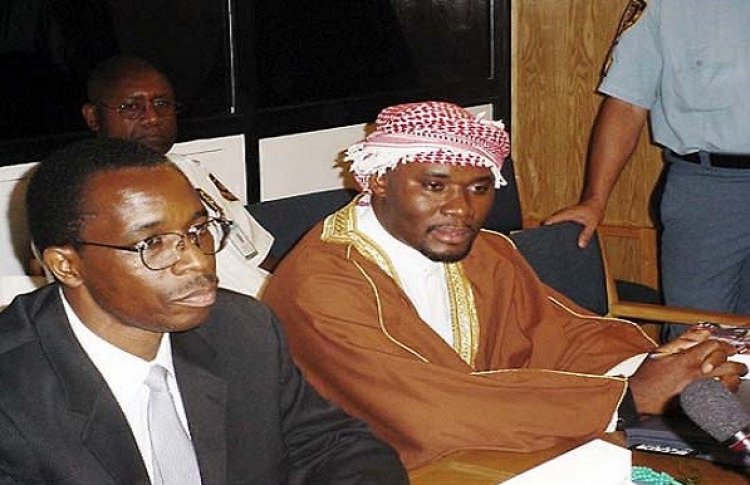Wanting media literacy, coupled with ethical vacuum in journalists’ conduct online could be contributing to viral spread of fake news in Rwanda, hurting online users including minority groups and women, among others.
Despite growing mobile devices and internet penetration, and subsequent rise in use of social media, it has emerged this did not move at the same pace with digital literacy both in terms of appropriate behaviors and threats online.
With almost everyone possessing a smart device and bundles now able to publish information, the rush to be first to publish has increasingly become the obsession of most online users over verifying validity.
This is further fueled by the rise in internet or social media attention seekers a.k.a clout chasers, or influencers who are keen on garnering views in hope to monetize their following through advertising gigs or other avenues.
Some of them double up as media practitioners who never reveal motives behind content they share like in cases when it is paid for – by corporates, government institutions, individual politicians or business players with the aim to influence public perception.
“If we do not strategize on the way forward, we are going to have a crisis where everyone’s right is not respected online,” opined Jean Paul Ibambe, a lawyer who is program manager at Legal Aid Forum.
Mr. Ibambe was speaking at Talk Rwanda Spaces, a weekly current affairs Twitter discussion co-hosted by this Publisher.
The topic of this week discussion examined whether Rwanda is facing a fake news outbreak, and what’s at stake.
There has been a rise in incidences of viral online spread of fake news over the recent past from false announcement of death of high ranking officials to defamatory claims that name and shame, and assassinate characters linked to criminal cases under investigations.
Others include use of fake news as means of cyberbullying, body shaming, and sharing of doctored pictures of individuals and celebrities.
The country has equally experienced cases of fabricated announcements circulated as originating from institutions of government or private sector.
But fake news have gone beyond these as it manifest in form of propaganda or false information spread deliberately to deceive, or otherwise.
READ: HOAX: UR did not announce start date for academic year
Who does it benefit?
Ivan Mugisha, a Rwandan journalist argues that the people fake news benefits are largely those who are supposed to be fighting it and that is big corporates, politicians and government institutions.
“Governments across the world instead of disseminating news officially, or talking to journalists to explain certain things that probably will benefit the society, you will find that they instead prefer to work with fake accounts and unscrupulous influencer people they pay to just go make some truths, and then some lies, and then they come up with the concocted version of the truth and then they put out there,” he said.
“That information is going to hurt so many people including having effects on people’s decision making processes and everything.”
Fingers point at journalists
Some media practitioners were blamed for engaging in spreading fake news and this is linked largely to laziness exhibited by rampant plagiarism by journalists and media outlets where many churn out content from peers or questionable sources with little to no effort to do verification.
Besides, the attention seeking attitude by those who double up as influencers see many obsessed with breaking the news, thereby formalizing fake news.
“We have failed to differentiate between their own opinion, their commercial things and their journalistic work,” said Sylvie Nsanga, a gender activist. “I feel that a journalist needs to be different.”
Ethical vacuum
According to Mr. Ibambe, despite Rwanda Media Commission (RMC), the media self-regulation body being mandated, as per the 2013 media law, to regulate the daily functioning of the media and the conduct of journalists, there is lack of provisions with regard to use of social media in the current code of ethics.
This poses a challenges, he says. “We wonder whether a journalist can be a social media influencer, because that means he becomes a public relation person. We need to rework the laws we have today so they can help deal with any harm that may arise from time to time.”
Speakers, however, say that much as the trend at which fake news has been happening is concerning it shouldn’t remove the fact that social media provide opportunity for free speech and expanding democracy.
“We can strategize at the local level but we should not jump to look at the negatives more than the positives,” argues Gonzague Muganwa, a veteran journalist.







